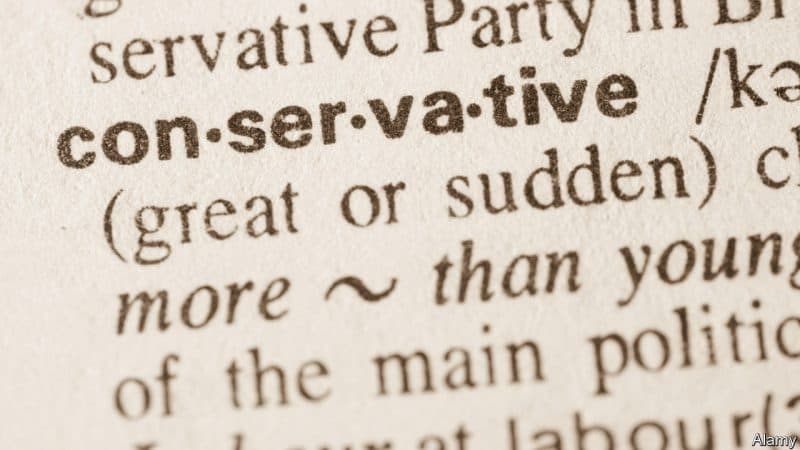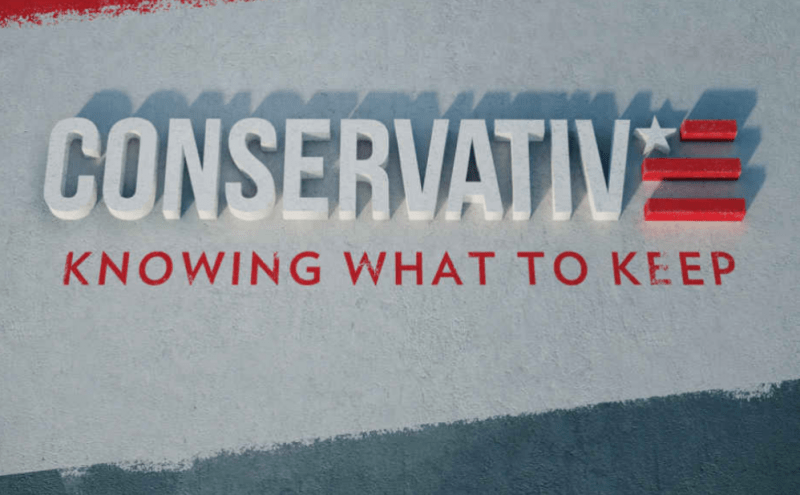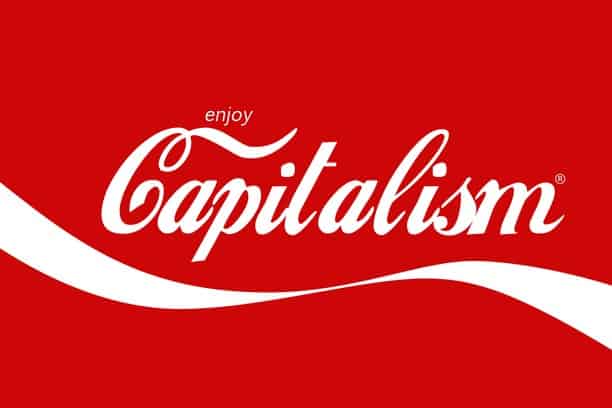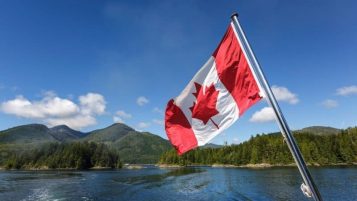Some theorists have argued that politics, especially democratic politics, creates a rupture in a more organic, “pre-political” society. This article looks at various aspects of this „rupture”, and possible approaches to healing it. One might well raise the issue of whether the central problem of the so-called „end of history” (or period of late modernity), is essentially „the death of politics”, or a (presumably) un-natural intensification of politics. On the one hand, it is possible to observe the socio-technical „resolution” of all human problems into […]
Kategoria: Politologia
Wegierski: In search of a conservative sociology
One of the most salient points about the problems of meaning and ideology, made by (among others) George Orwell in his dystopian novel, Nineteen Eighty-Four, is that semantics, far from being unimportant, are critical for the maintenance of a given social and political system of ideas i.e., „Newspeak is Ingsoc, and Ingsoc is Newspeak.” The coherence or incoherence (in terms of definition), and positive or negative value (in terms of emotion), which are commonly associated with a term describing a political ideology, will tell one […]
Wegierski: Who speaks for the working classes?
In Canada and the United States, the holiday honouring workers and the union movement is celebrated on the first Monday of September, as Labour Day, to avoid the radical connotations of May Day. In some parts of Europe, by contrast, May Day is still celebrated with enthusiasm by socialist and far left parties who share in the idealism of earlier, nineteenth-century workers’ struggles. However, relations between “the progressive intelligentsia” (who style themselves the vanguard of the proletariat) and the so-called proletariat itself have almost always […]
Wegierski: Problems of Current-Day Conservative Thought
There is currently underway a big debate about the shape and future of conservatism in Canada. By looking to the debate about conservatism in America, we could draw some conclusions as to what a genuine conservatism should actually consist of. Conservatism today is, it could be argued, a bewildered philosophy -‑ an unwieldy morass of mutually incompatible, self‑contradictory, and amorphous ideas. Despite decades of internecine debate, the contemporary conservative movement in Western societies has failed, generally‑speaking, to provide a coherent and consistent account of itself. […]
Wegierski: Is Capitalism conservative?
Conservatism and capitalism are often equated today. The historical record, it could be argued, suggests a radically different view. Conservatism -‑ in the precise, historical, classical sense -‑ has not been defined by a defence of capitalism, civil libertarianism, „libertinism”, or the „minimal state”. „Capitalism” has never been a rallying cry for real conservatives. Indeed, classical conservatives were the first to provide a comprehensive critique of capitalism, that „great solvent of all tradition in the modern era”. Genuine conservatism requires strong (as distinct from big) […]
Wegierski: Resisting “soft-totalitarianism” in Canada?
Mark Wegierski examines the ethical challenges for sincerely-believing Christians of living in accord with their faith in current-day Canada. The idea of so-called “soft totalitarianism” has emerged from various dystopian novels and political writings of the Twentieth Century. In his dystopian novel Brave New World (1932), and a preface to it, Brave New World Re-visited (written after World War II), Aldous Huxley suggested a possible future society that would be mostly non-coercive, but at the same time embrace a thoroughgoing, totalitarian exclusion of traditional notions […]
Wegierski: On the 153rd anniversary of Canadian Confederation — the origins and development of Canada
Canada has indeed developed far away from its origins. July 1, 2020 is the 153rd anniversary of Canadian Confederation. That was the date on which the British North America Act (Canada’s original constitution) was passed in 1867. It was an Act of the British Parliament. Four provinces (Ontario, Quebec, New Brunswick, and Nova Scotia) formed Confederation. It was also a union of two, long pre-existent nations, English Canada, and French Canada (the latter mostly centered in the province of Quebec). The Aboriginal peoples were included […]
Wegierski: Getting the Canadian Right, right
There is now occurring a major debate about the shape and future of conservatism in Canada, in the wake of the defeat in the October 2019 federal election, and the resultant leadership race in the Conservative Party of Canada. Andrew Scheer, although he was able to reduce the Trudeau Liberals to a minority government (a plurality of seats in the House of Commons), has proven to be a highly ineffectual leader. There are three main groups in Canada that do not understand what the Canadian […]
Prof. Sajjadpour (Iran): „Iranofobia jest rodzajem towaru”. Rozmawiają Agnieszka Piwar i Magdalena Ziętek-Wielomska
„Uważamy, że można być rozwiniętym ekonomicznie i zaawansowanym technologicznie, a zarazem zachować swoją kulturę i tradycję” – powiedział dr Seyed Mohammad Kazem Sajjadpour, profesor The School of International Relations w Teheranie, Dyrektor Departamentu Diplomacy and International Organization. Rozmawiają Agnieszka Piwar i Magdalena Ziętek-Wielomska. Czy Iran akceptuje świat unilateralny, który wyłonił się po Zimnej Wojnie, z niekwestionowanym przywództwem Stanów Zjednoczonych? – Mówiąc wprost, nie. Jak Pan widzi rolę Iranu w alternatywnym systemie mulilateralnym (wielobiegunowym)? Czy Rosja, Chiny i Indie są strategicznymi partnerami Iranu do budowy alternatywnego […]
Wegierski: Prophets of rootedness: Sam Francis and Friedrich Nietzsche
In his eulogy for Sam Francis in the Middle American News, Jerry Woodruff tells of Sam’s profound interest in Friedrich Nietzsche. In his office, Sam kept a framed print of his favorite words from Nietzsche given to him by Woodruff. The quotation comes from Die Fröhliche Wissenschaft (“The Gay Science,” today more usually translated as “The Joyful Wisdom” section 283 of book four). Woodruff cites part of the passage, which, he writes, “might provide a fitting epitaph”: I welcome all signs that a more virile, […]










